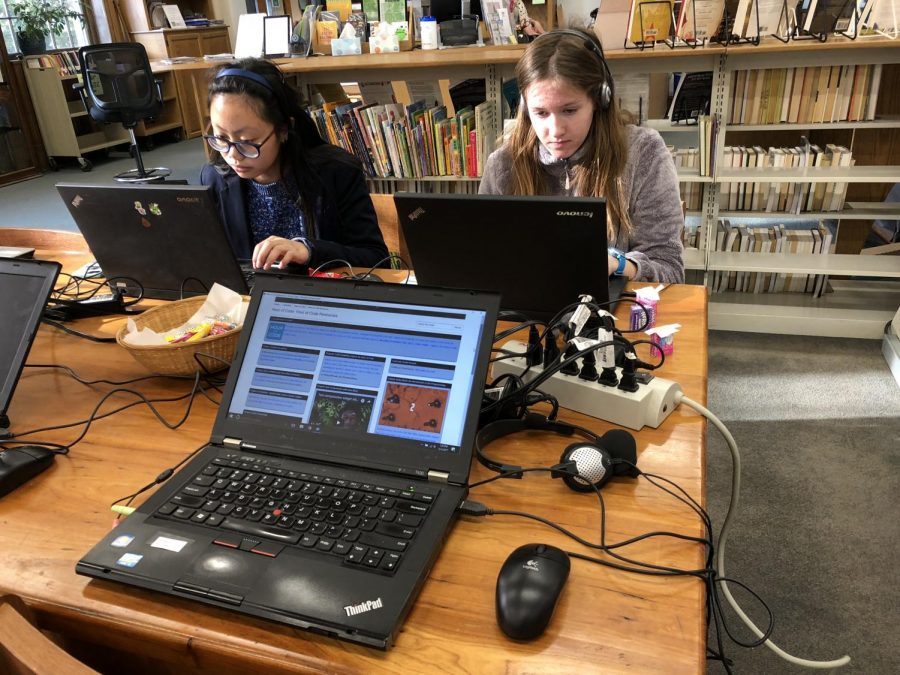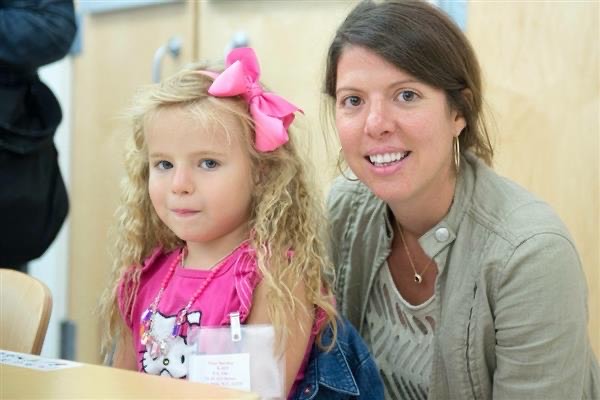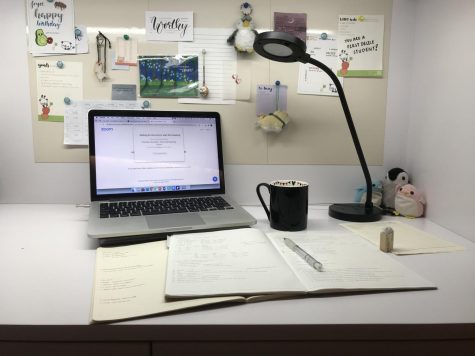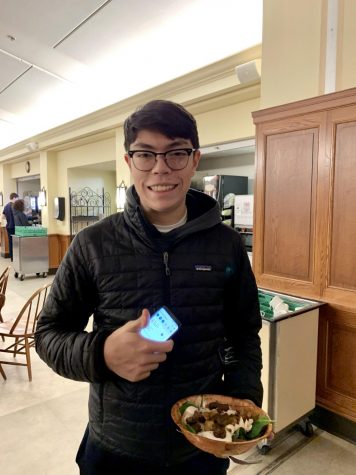Kent offers Hour of Code
January 23, 2018
So much of our lives now revolve around technology and what we do online. By hosting the Hour of Code, a global event that introduces students to the basics of code through games, computer programs, and other engaging activities, Kevin Saxton of the Math Department, Melissa Holcombe of the Technology Department, and Mrs. Voorhees of the Library opened up the field for students to discover and explore coding.
“The goal was to increase awareness of computer science as a field,” says Holcombe, “Computer science is probably the most rapidly growing field — at least in the US — and it’s really important for us as a school to raise awareness.”
“So much of our digital life — which is so much of our life now — is driven by algorithmic decisions,” says Voorhees, “and coding presents information to us in a way that we ought to be cognizant of and not just accept blindly.”
Coding and other computer science-related skills have broken off from being necessarily specialized skills and have now become a part of the lives of everyone. “The field has really evolved and changed,” says Saxton, noting that “it is a subject that a lot of our students would really enjoy but might be intimidated to try. The Hour of Code is a good way to give them a chance.”
Holcombe agrees that the fields of computer science are becoming more and more relevant. “Pretty much every big industry is touched by computer science in some way,” she says.
Students enjoyed activities ranging from coding simple games to learning basic encryption to being introduced to higher-level coding languages such as Python. “The Hour of Code is about trying to appeal to what students are interested in,” says Saxton, “Some activities are about games, some are about making making, some are social in nature — in the end, they all try to get to creativity at some level.”
Those who wanted to explore further enjoyed access to multiple paid online course websites such as Lynda.com for free. “We’re happy to be able to bring these resources to our students for free,” says Holcombe.
The relevance of code in daily life is undeniable — “It’s worth understanding to some degree for everyone in every discipline,” says Voorhees.







